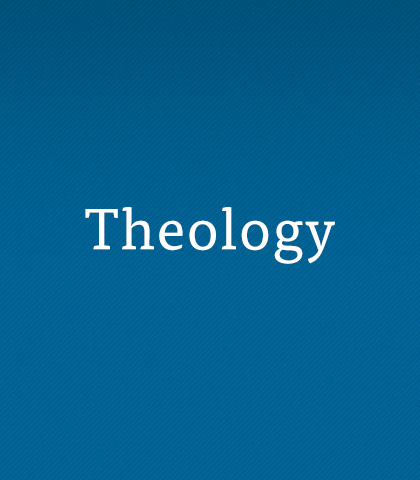30 Days to Understanding Heaven
This inductive study is designed to create a better understanding of heaven. For the next 30 days read the questions and allow them to spark deeper personal reflection and life change.

What words come to mind when you hear the term theology? Dry…Dreary…Doubtful…DULL? You’re not alone.
Too often we don’t realize that theology—thinking about God—is an intimate part of our everyday lives, rather than something that takes place in ivory towers crowded with bearded men crouched over dusty books. We each engage in theology because we each have a set of beliefs about God. But rather than being content with our ideas about God as they now stand, we should each have a desire to know God better than we do today. If you’ve got that desire, then you’re ready to do theology!
Let these resources point the way to a faith more deeply connected with who God actually says He is.
This inductive study is designed to create a better understanding of heaven. For the next 30 days read the questions and allow them to spark deeper personal reflection and life change.
Fear. Ever met this beast? Sure you have. It comes in all shapes and every size. Fear of failure. Fear of heights. Fear of crowds. Fear of disease and death. Fear of rejection. Fear of unemployment.
I've been told that Jesus died for my sins. What does that mean exactly? How could the death of Jesus help me get to heaven? What does the death of Christ save me from?
Reading the Bible is unlike anything else because it is a book unlike anything else. Here are five ways to get the most out of your Bible reading and five tips for learning to observe Scripture.
When I think of doctrine in the Christian life, I liken it to grammar. Doctrine is boring. It’s old school. But wait…is that true? Maybe doctrine is actually the key to a passionate and vibrant faith.
There can be no more reliable authority on earth than God’s Word, the Bible. This timeless, trustworthy source of truth holds the key that unlocks life’s mysteries.
How do we sift and sort truth from error? Do we all have to be biblical scholars in order to avoid falling into deception and error? And how do we respond to error?
Our nation's technical knowledge and scientific expertise overshadow our grasp of Bible basics to an appalling degree.